Minimalism for Beginners: Why Are We So Attached to Things?

From the outside looking in, it may seem that a minimalist lifestyle is all about letting go, giving things up, sacrifice upon sacrifice.
Today, I want to talk about why the process of decluttering may feel so hard and unpleasant, and what emotions come into play here. But first, let’s discuss why we would do it at all!
Decluttering may seem empty and cold until you really understand the why behind letting go. In truth, though decluttering and paring down is likely an important first step when it comes to starting a minimalist journey, the efforts that are partaken upon are really done as a way to pinpoint what you actually love, use, and cherish, as a way to elevate them. Through getting rid of all the excess you can finally focus more on the things and relationships that you care about.
So if the goal is so important, why is it so hard to let go?
Simply put, it is a very personal process and all of these decisions need to be our own. From the side it may seem like the choice is obvious, like an old photo is valuable and should not be disposed of, and worn out sneakers should just be replaced.
However, what makes it complicated, ambiguous and personal is the emotions that go behind the decisions. We may feel all kinds of emotions associated with different items we own which affect the way we decide whether to keep them or get rid of them.
I want to talk about the most common emotions or feelings that we tie to our belongings and discuss how learning to let go can really free us not only from clutter, but from the negative emotions that go along with it.
Cognitive immobility
This one is a mental entrapment, which keeps you stuck in the past. The emotions that come along with that can be either good or bad, and whether an object sparks positive or negative emotions in you, you might be tempted to keep it.
We might feel as though the object is so tightly connected with the memories that getting rid of it would mean forgetting. The trouble here is that this prevents you from being able to be present and enjoying the blessings of the present, and also to look forward to things that are to come.
Shame
Oh how our items can make us feel a sense of shame. We can get caught up in looking at these items and feeling really down on ourselves if we haven't met the standard that we think that we should have.
A great example in this category of emotions is clothing items that used to fit and they don't anymore. We keep those in the hope that eventually we will overcome the problem and get rid of the shame, or in this case lose the weight and fit into the clothes again.
However, even if one day we do, in the meantime, every single time that we see it, we are going to be slapped in the face with shame, which is why pairing an item with shame can be really harmful.
Envy
When we compare ourselves to other people, we try to emulate them. Once we see someone with an item we like, we feel jealous and want that as well.
However, once we get it, we will mostly not be fulfilled by it the way that we thought that we would be. Envy makes it difficult for us to feel content in our own lives, and it is crucial to remember that happiness does not come from fancy clothes and expensive cars, but from understanding our value and purpose as an individual.
Guilt
It is so common to accumulate and hold on to items because of guilt. Whether it is a family heirloom that you do not particularly like personally, or a gift you have been given that does not suit you, you may feel almost guilted into accepting it in order to not offend or let down the people you got it from.
Fear
Fear can cause us to do all sorts of things, including keeping much more than we actually need. This is very much connected with the mindset of scarcity: worried that we will not have enough, we buy all kinds of unnecessary things.
Sometimes it is excess toiletries, like the toilet paper that people bought in bulk in the beginning of the pandemic, and sometimes it is craft supplies we think we might need sometime in the future and do not get rid of. This “what if” thinking can really make us fill our homes with items we do not use.
Embarrassment
Embarrassment in relation to your belongings could go a couple of different ways. The first is holding on to a status symbol because of embarrassment, like an expensive car you can no longer afford but feel too embarrassed to give up.
Another way that embarrassment might factor into your belongings is if you have too much or if you do not have good control of your belongings.
In this case, a friend might drop by unannounced, and you might feel embarrassed about the state of your house. Ultimately, embarrassment can cause us to stay stuck and feel like we can never get out of our current situation.
Regret
This is a counterfactual emotion, meaning that the feeling rests on the idea that the past might have unfolded differently if a different decision had been made. Many people are scared of decluttering because they anticipate regretting having let go of some items and associate it with depriving themselves. I can say for myself that after having decluttered my house, there is not anything I truly regret getting rid of.
Minimalism for beginners
Now that we have established the nine most common emotions that we tie to our belongings, here is what I want you to take away from this article.
Next time you are decluttering and finding certain things difficult to get rid of, I want you to look at that item and really think to yourself, is it the emotion or the item itself that I am having a hard time letting go of?
And if you can separate those two things, it will make it so much easier to make those decisions based on facts. Thinking about these things critically is so liberating, and I hope you will give it a try.
Do you have a story about an object you had a hard time getting rid of because of all the emotions that arose around it? Share in the comments!
Next, check out these 11 Easy Ways to Refresh Your Home.



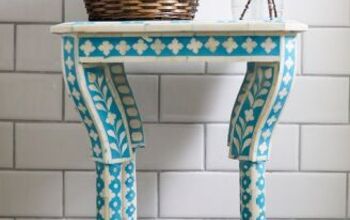


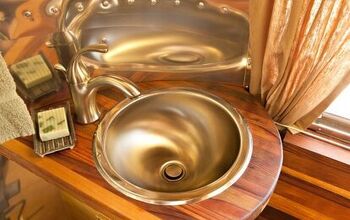

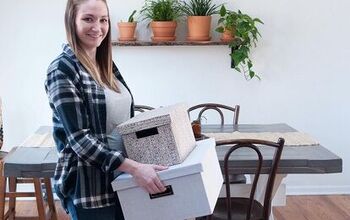
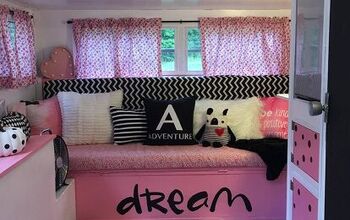
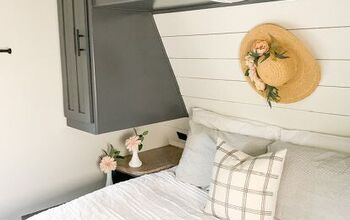


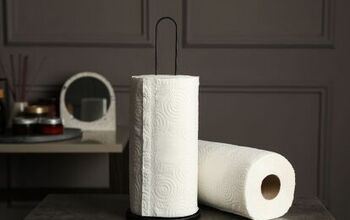

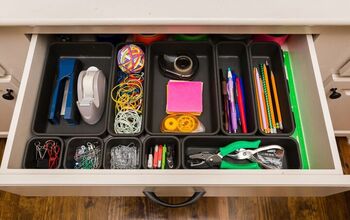
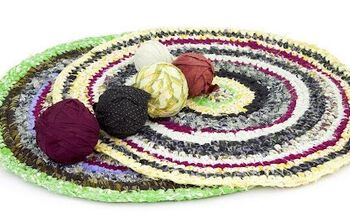


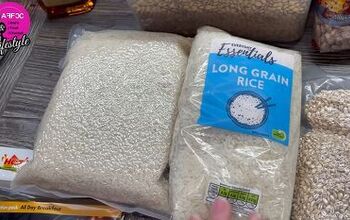

Comments
Join the conversation